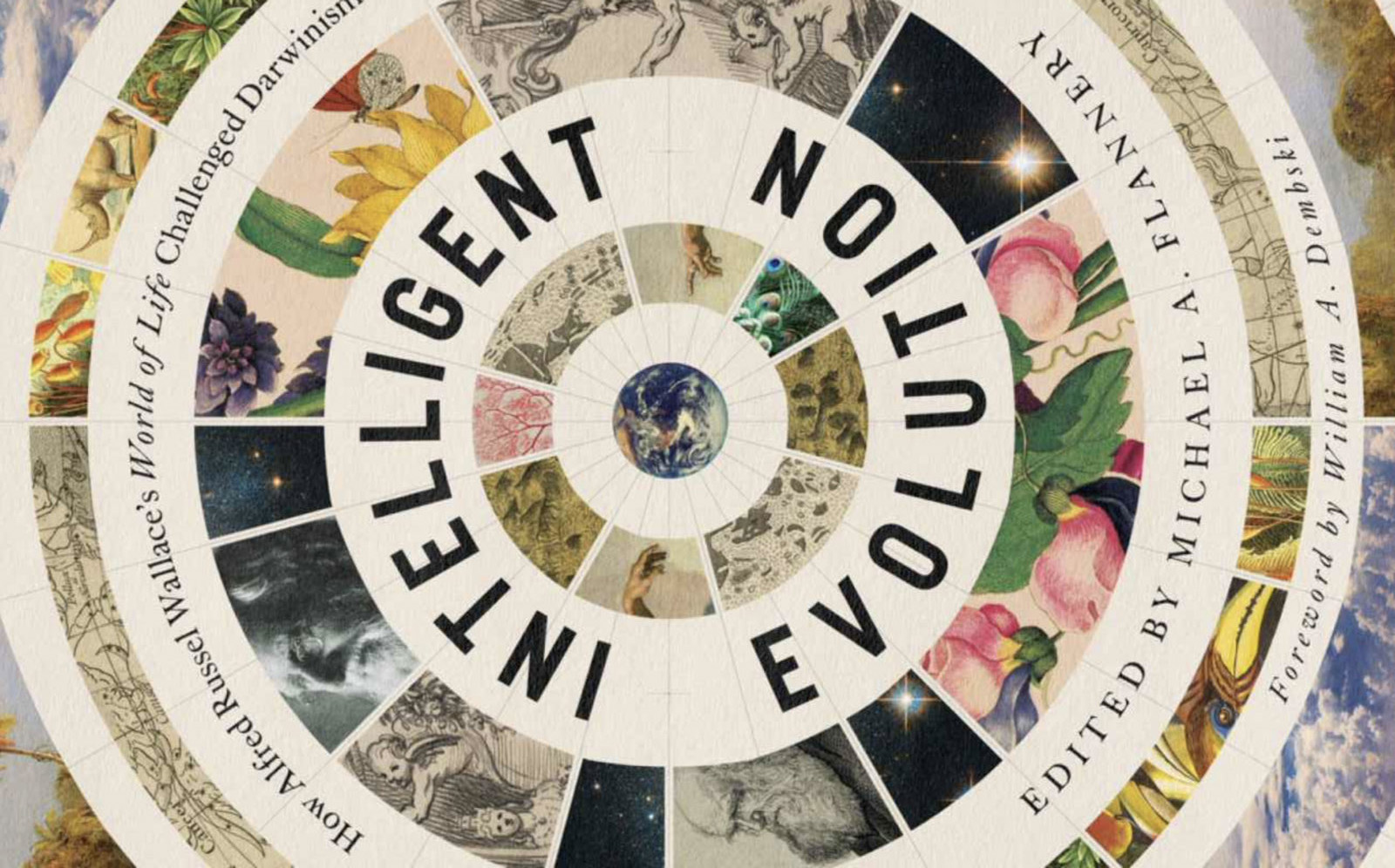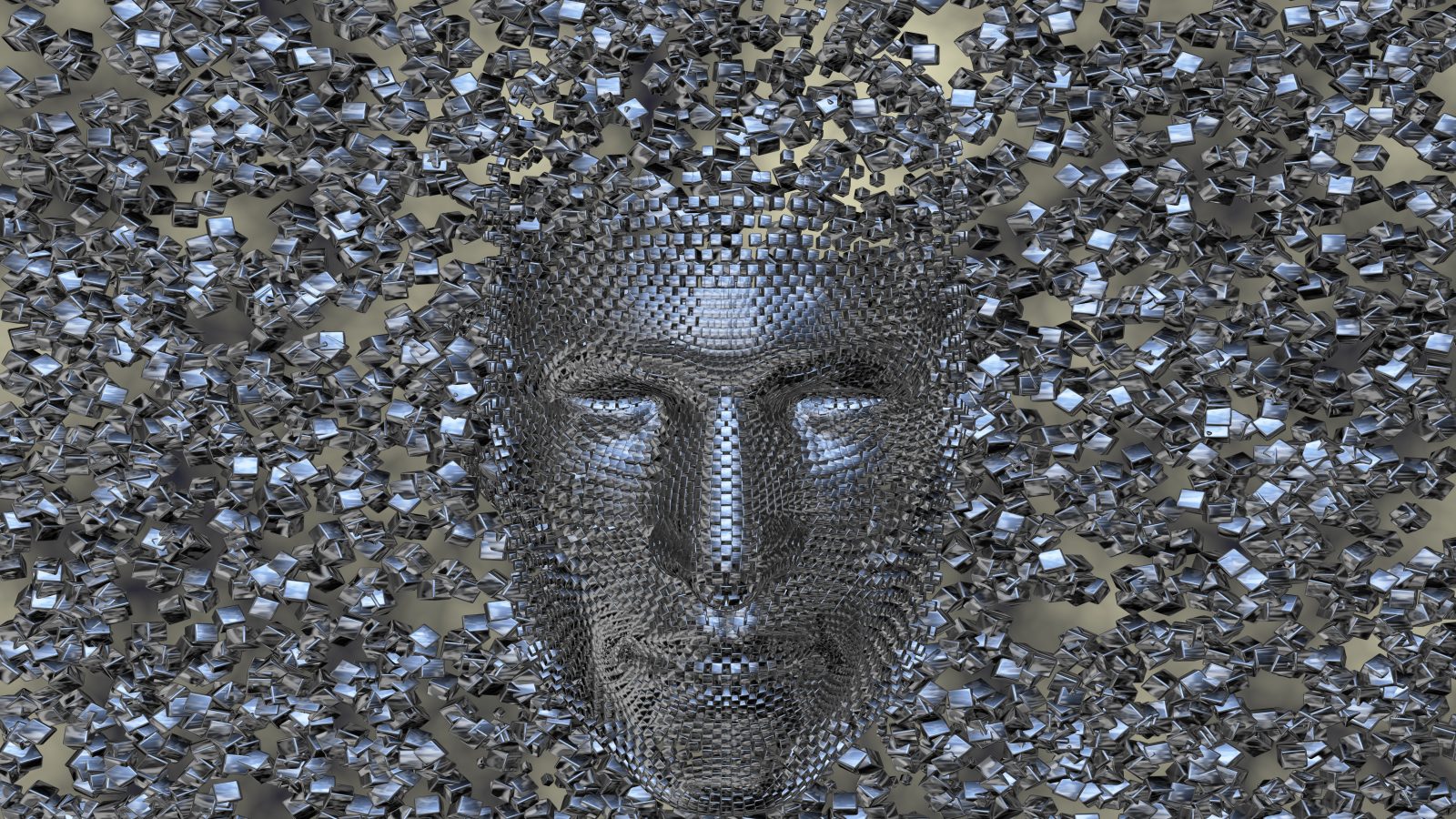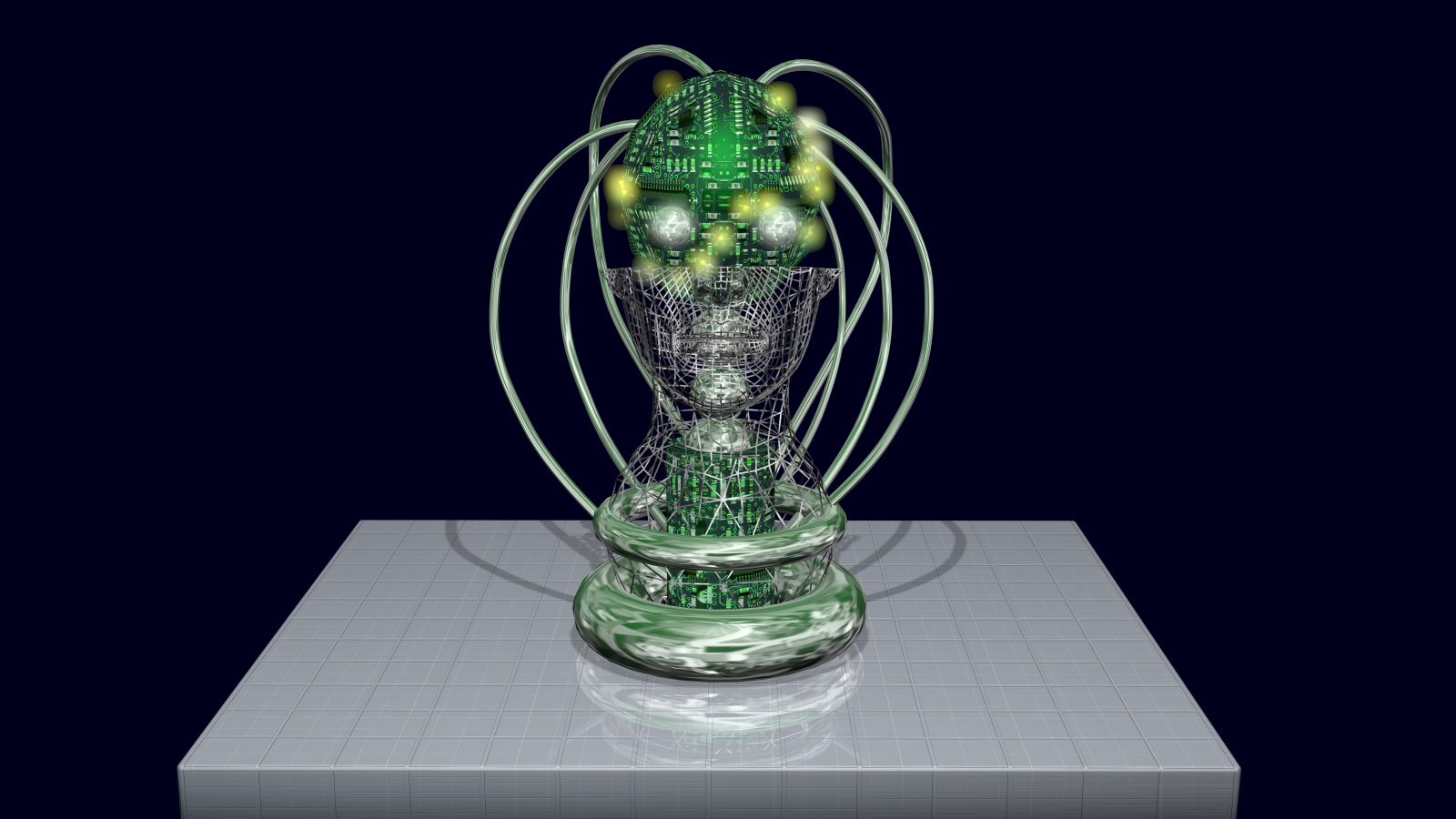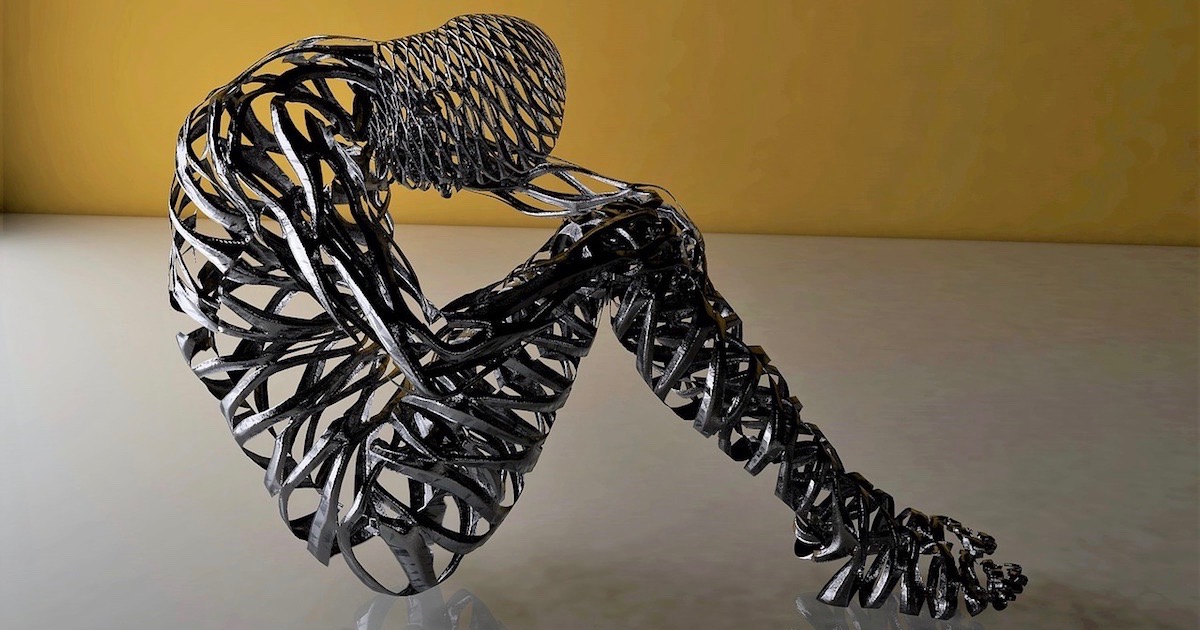On this ID the Future, science historian Michael Flannery continues discussing his newly updated Intelligent Evolution: How Alfred Russel Wallace’s World of Life Challenged Darwin. Wallace was co-founder with Charles Darwin of the theory of evolution by random variation and natural selection, but unlike Darwin he saw teleology or purpose as essential to life’s history, and a teleological view as essential to the life sciences. According to Flannery, Wallace’s views on the nature of the cell, the special attributes of humans, the irreducible nature of life, and the fine tuning of the universe hold up well today. He and Darwin disagreed on much of this, yet they maintained mutual respect. In this, Flannery says, the two are a great model for scientists who disagree today.









